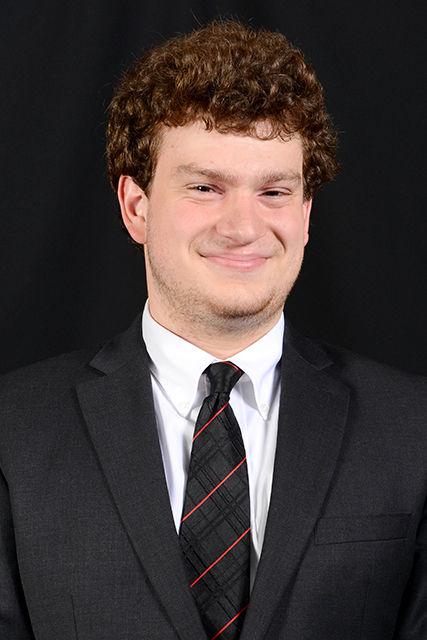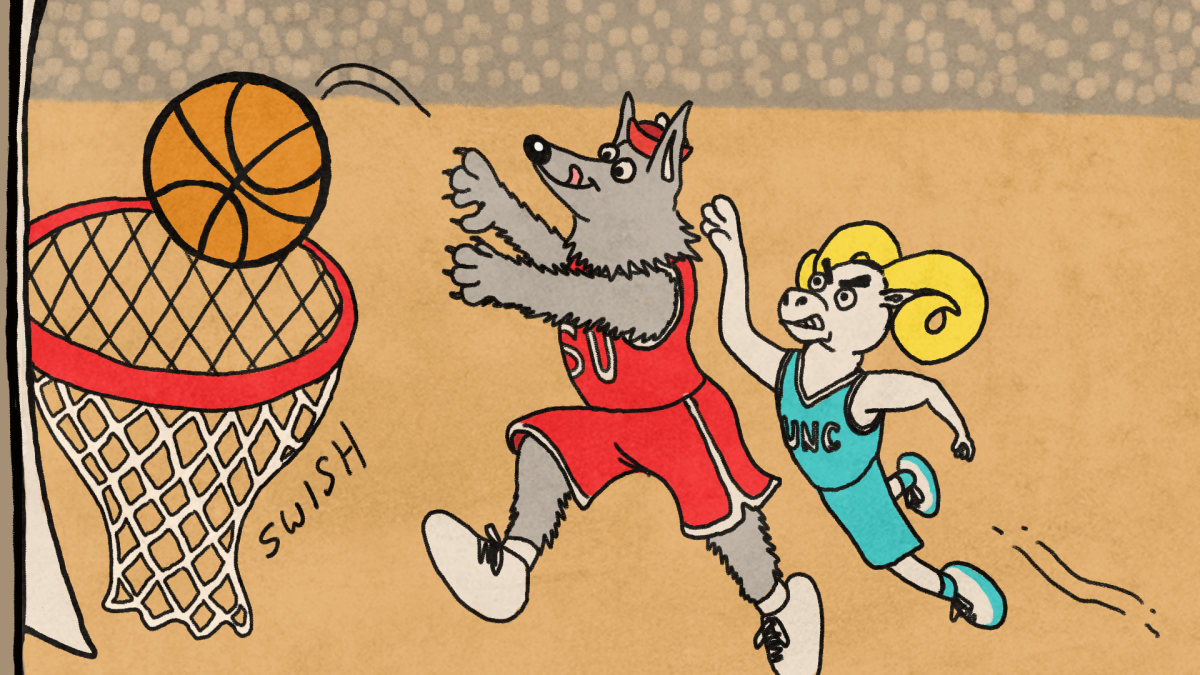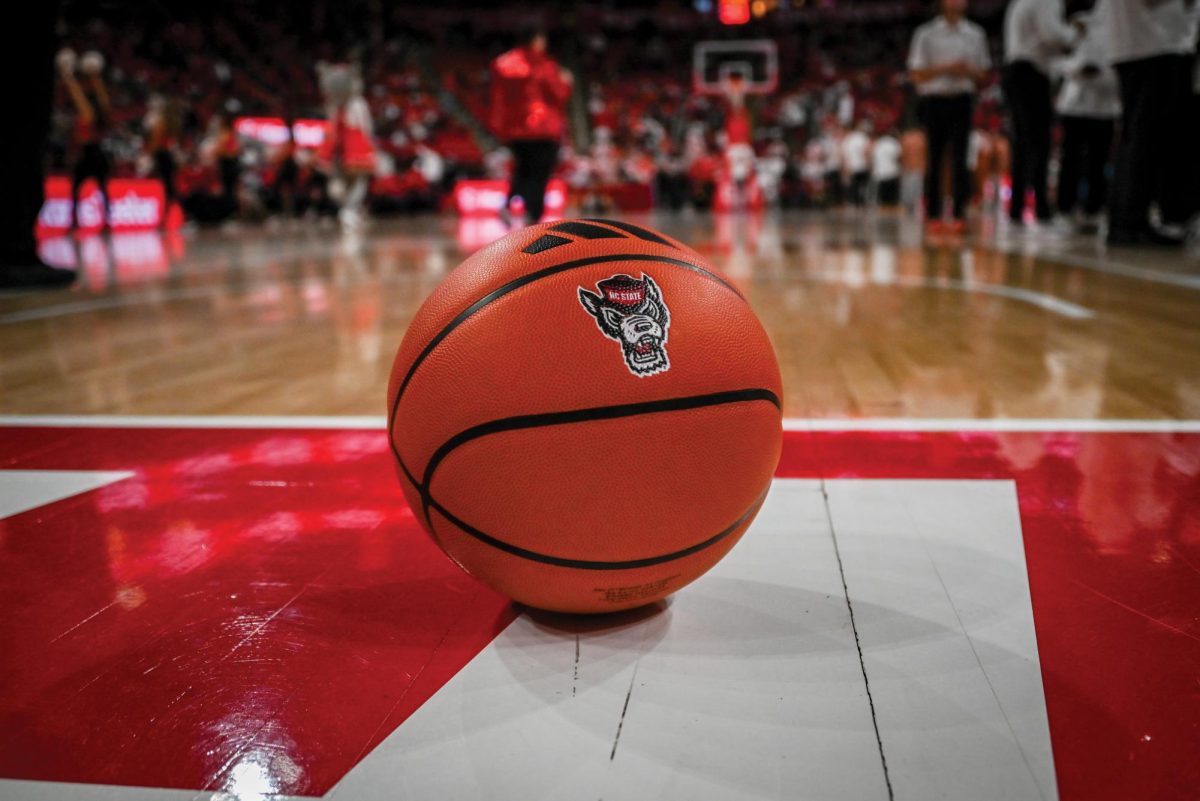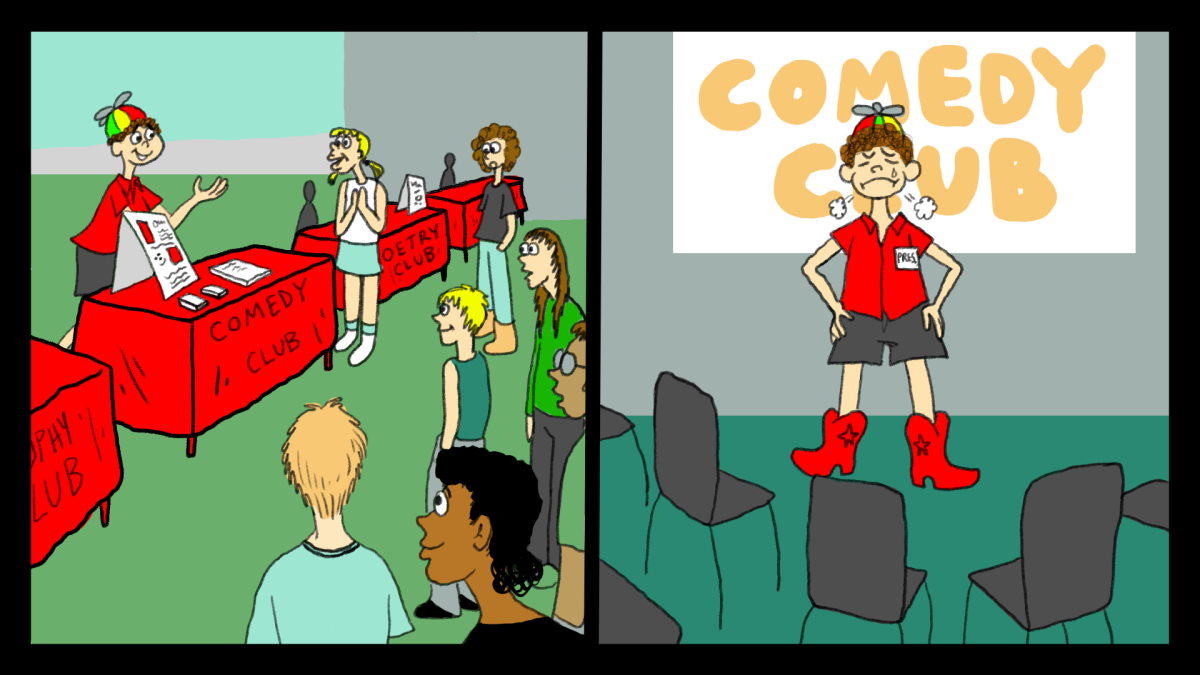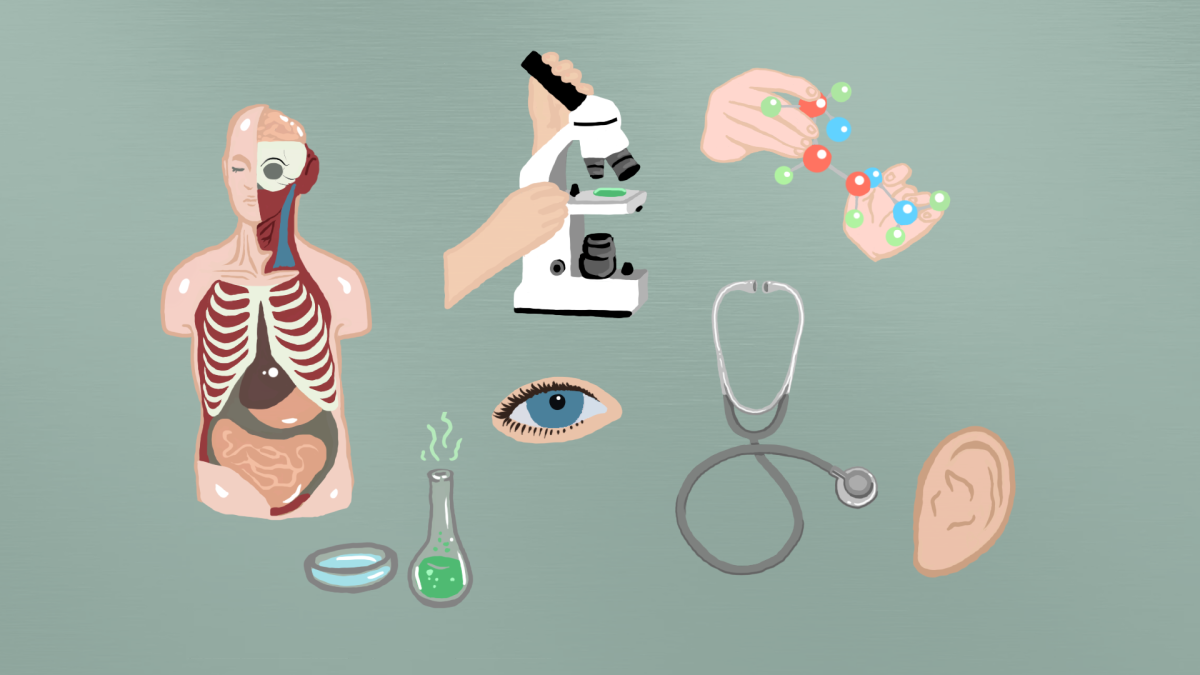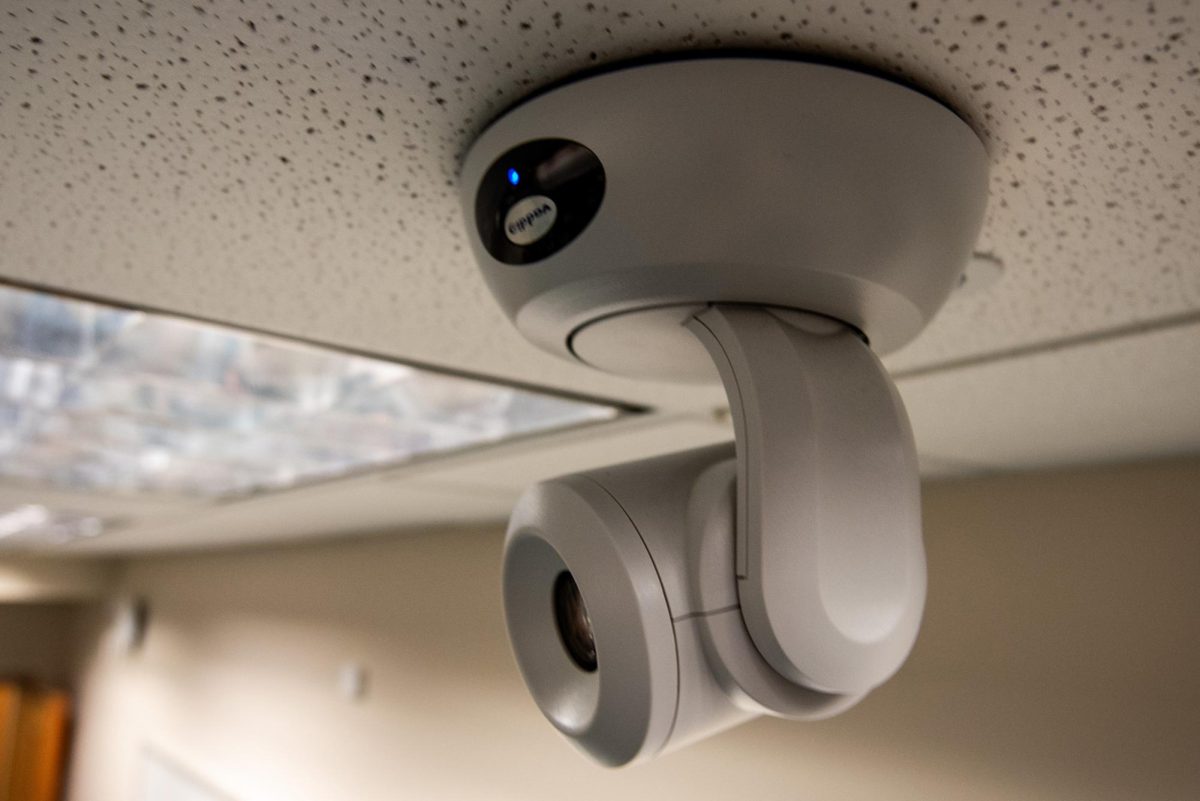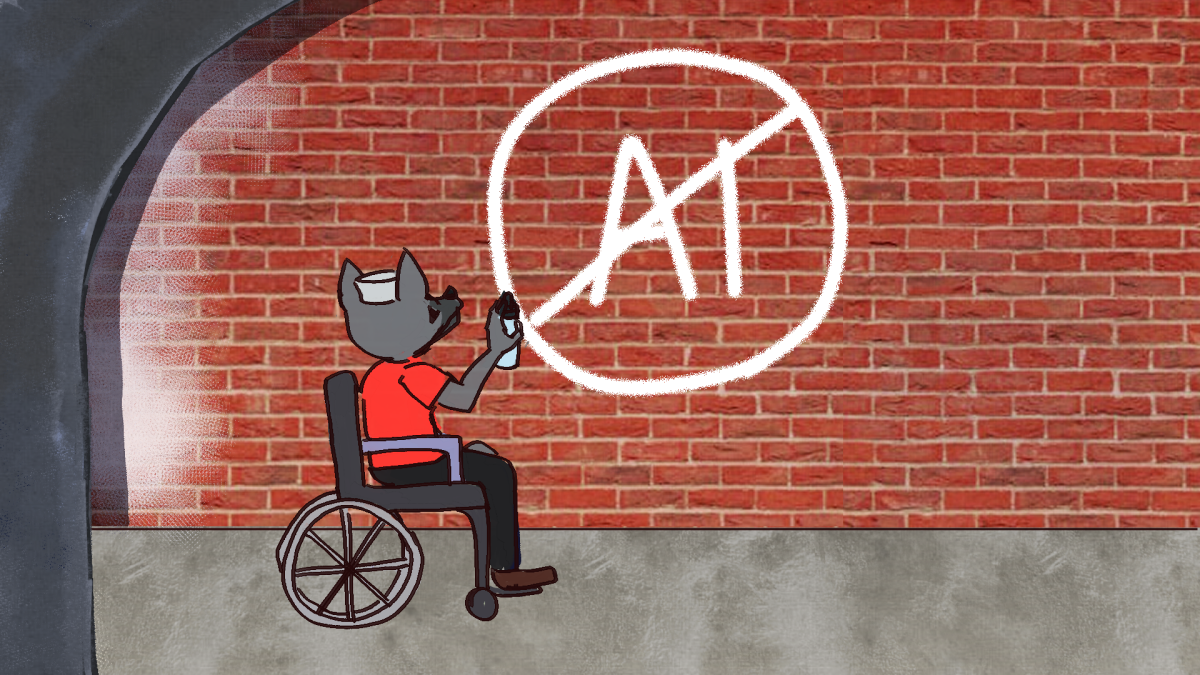Next week, each day from Wednesday to Friday from 7 a.m. to 6 p.m., the Genocide Awareness Project will be demonstrating in the Brickyard. The campaign is a branch of the Center for Bio-Ethical Reform: an organization that seeks to “illuminate the conceptual similarities which exist between abortion and more widely recognized forms of genocide.”
The group uses graphic imagery depicting blood, gore and other scenes of intense violence. Although many consider this display to be indecent and morally unjust, the act itself is entirely legal. Hate Speech is generally protected by the first amendment, except for in the case of “fighting words” that directly threaten and intimidate or slander/libel, which is the knowing and intentionally defamatory dissemination of falsities. For established precedents, please consult the following cases: Snyder v. Phelps (2011), Smith v. Collin (1977), Doe v. University of Michigan (1989) and Sigma Chi v. GMU (1993).
I apologize for my brief discussion of the rather complex issue that is free speech on college campuses. Although the point is noteworthy, this column will not elaborate on it. Furthermore, I will not discuss my personal political opinion regarding the GAP, as doing so would violate journalistic objectivity, in addition to being irrelevant.
Then why do I write this piece? I will spell it out simply: Members of the Wolfpack, we must engage in activism. The past few days, we have shown our enthusiasm about the abortion issue, so much so that images of pets cover WPS in an act of protest against recent intense debate.
But social media is not enough. In “Pedagogy of the Oppressed,” Paulo Freire says, “When a word is deprived of its dimension of action, reflection automatically suffers as well; and the word is changed into idle chatter, into verbalism, into an alienated and alienating ‘blah.’ It becomes an empty word, one which cannot denounce the world, for denunciation is impossible without a commitment to transform, and there is no transformation without action.” In other words, hashtags and online campaigns can be good catalysts for change, but the buck should not stop there.
Student activism has been central to social change for hundreds of years. In 16th-century Korea, students protested the King purging scholars. In modern America, student demonstrations were central to the ending of the Vietnam War. Some movements are more successful than others; the central element to their effectiveness lies in the exertion of our willpower. We are fully capable of making a difference in the world.
The important thing is that we move from talking about these issues online and among our friends to trying to bring about genuine change. I do not care which side of the issue you fight on. That is up to your own conscience to decide.
Take to the streets. Grab a sign. Write a letter to the editor. Email your congressman. Memorize some chants. Do something. Heed the advice of Margaret Mead, “Never doubt that a small group of thoughtful, committed, citizens can change the world. Indeed, it is the only thing that ever has.”


